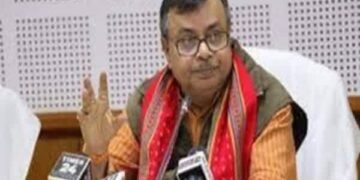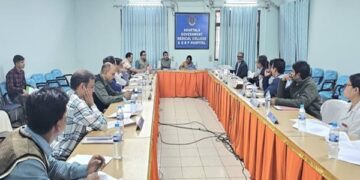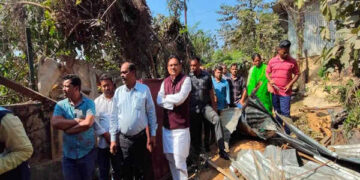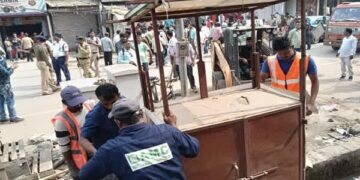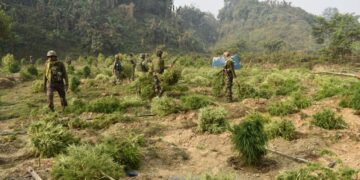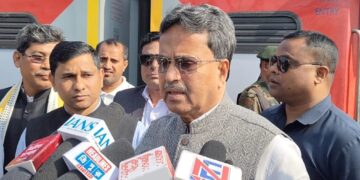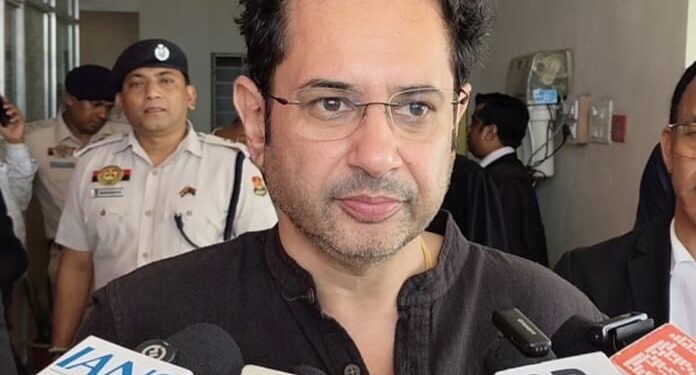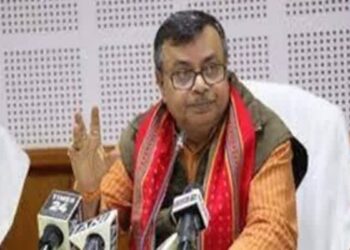Agartala, September 17:
Amid a political storm over his recent emotional speech at New Delhi’s Jantar Mantar, Tipra Motha founder and royal scion Pradyot Kishore Debbarma on Wednesday broke his silence, asserting that his remarks about being the “real owner of Agartala, Teliamura and Kanchanpur” were not directed at Tripura’s Bengali community but specifically at the Amara Bangali party.
The Jantar Mantar rally, where Debbarma’s speech drew wide attention, had sparked strong reactions across Tripura’s political arena. Critics, including sections of the ruling BJP, alleged that his words were an attempt to “polarise and instigate ethnic tensions.” Opposition parties CPI(M) and Congress, while refraining from backing the statement, stressed that monarchy has no relevance in democratic India and the state is governed by the Constitution.
Responding to the controversy in a social media live session, Debbarma said, “My family and forefathers have always helped the Bengali people, which is well known. Some are twisting my words to portray me as anti-Bengali, but the truth is my comments were aimed at the Amara Bangali party, which has constantly targeted me and my family.”
He further explained that his remarks would only offend those maintaining “secret relations” with Amara Bangali. “I have nothing against the common Bengali people of Tripura. Many of my close friends belong to that community, and we have always stood by them during crises,” he added.
Debbarma also defended his party’s record, claiming that since Tipra Motha’s rise, communal peace has largely prevailed in Tripura. “Unlike earlier times, not a single communal incident has taken place under our watch. We are against such acts. But where were the leaders of these parties when Amara Bangali repeatedly insulted my family and spread false communal narratives?” he asked.
The Amara Bangali party, representing sections of the non-tribal population, has called for action against Debbarma following his Jantar Mantar remarks. The controversy has added to ongoing political tensions in the state, already simmering over delays in the implementation of the Tiprasa Accord and disputes over village committee elections.

